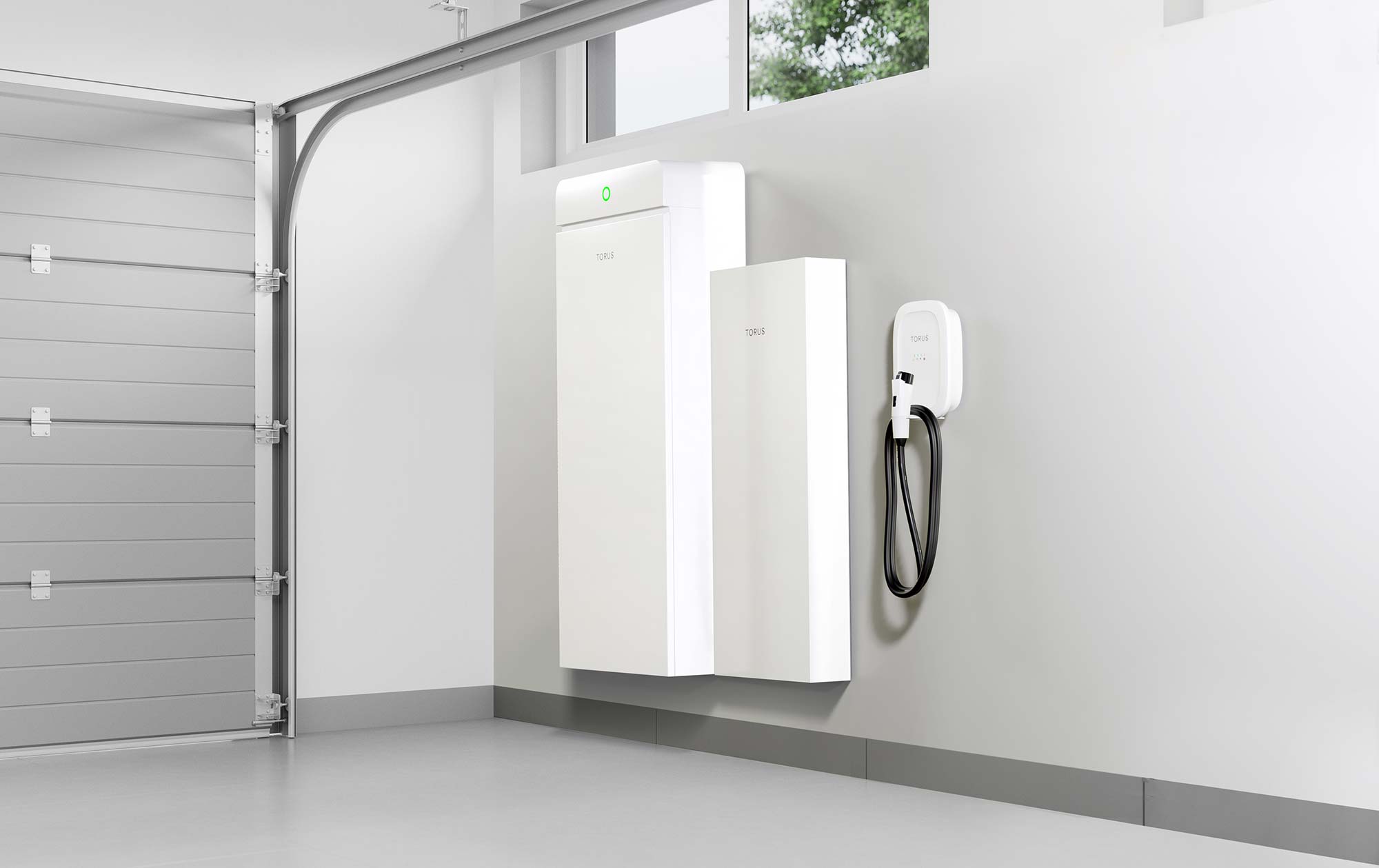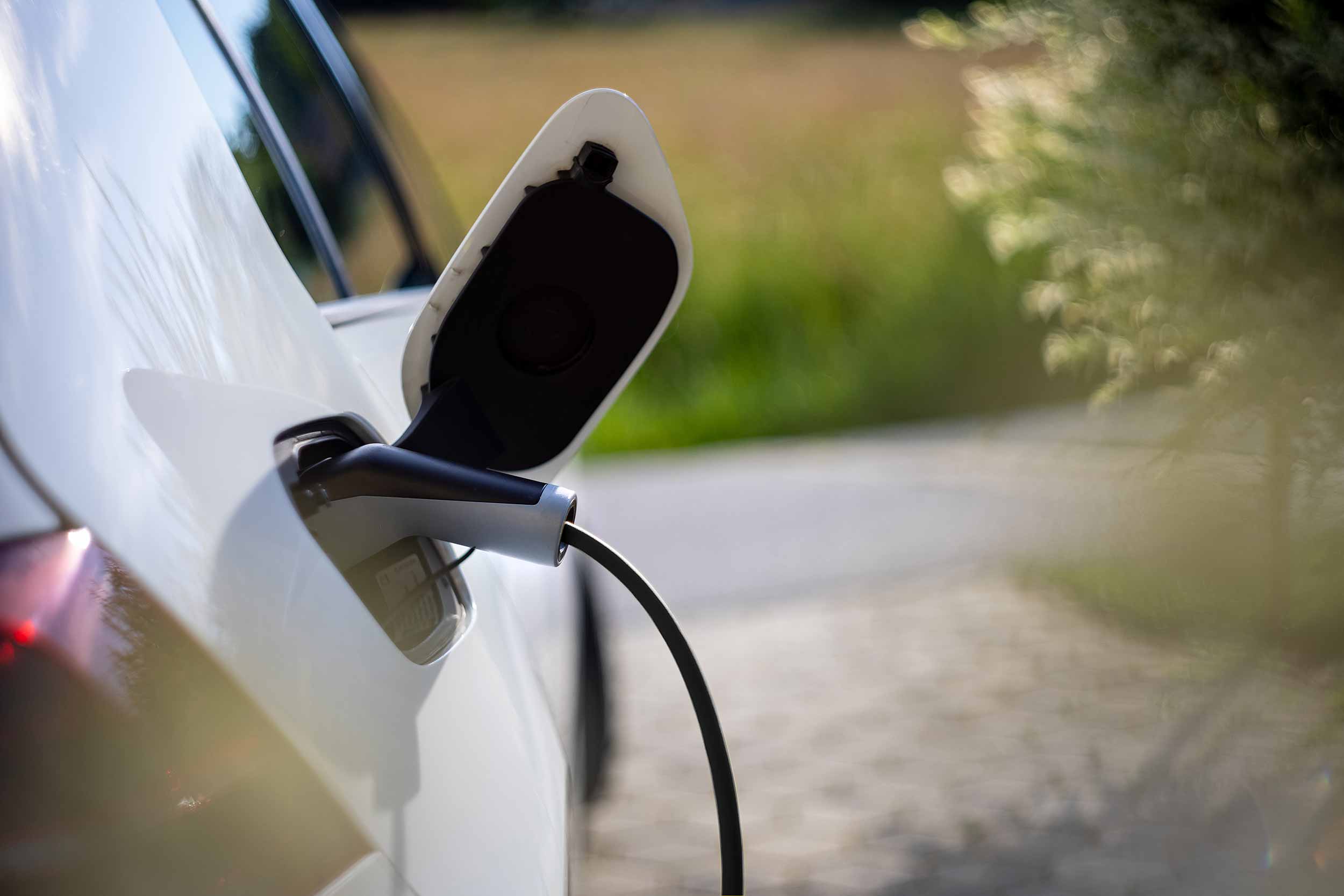What is the average cost of a home battery?
Everything you need to know about what drives home battery prices
Solar batteries allow homeowners to store their excess solar energy for later use, making them one of the key players in a residential solar energy system. As the demand for solar batteries continues to grow, it’s important for consumers to stay up-to-date on the average cost of these systems, as well as the factors that influence their pricing. Below, we’ll explore the various factors that contribute to the cost of solar batteries for homes (and even include comparisons from a few popular battery brands for a better understanding of the market).
Factors Affecting the Cost of Solar Batteries:
- Battery Capacity: The storage capacity of a solar battery, measured in kilowatt-hours (kWh), plays a huge role in determining its cost. Batteries with higher capacity can store more energy, so they generally come with a higher price tag.
- Battery Chemistry: There are several different types of batteries, including lithium-ion, lead-acid, and flow batteries, and they all come at varying costs that depend on their chemistry. Because of their high energy density and long lifespan, lithium-ion batteries are the most common choice for residential applications.
- Brand and Quality: Established and reputable battery brands often come with a higher price tag due to their track record of performance and reliability. Investing in a quality battery from a trusted brand can ensure your household the peace of mind that comes with long-term durability and top performance.
- Equipment and Installation Costs: In addition to the actual battery itself, the overall cost of a solar battery system includes equipment such as inverters, charge controllers, and monitoring systems. It’s important to factor in installation costs, including labor and any necessary electrical upgrades, as they also contribute to the total cost.
- Warranty and Lifespan: Batteries with longer warranties and longer lifespans typically come with a higher price tag. But considering the potential savings over the system's lifespan, investing in a higher-quality battery with a longer warranty is a money-wise decision.
Comparisons of Popular Solar Battery Brands:
- Tesla Powerwall: Tesla is a household name, and their Powerwall is a widely used solar battery solution. It offers a high energy capacity of up to 13.5 kWh and has features like seamless backup power and integration with Tesla's energy management platform.
- LG Chem RESU: LG’s Chem RESU is another choice for residential solar battery systems. It offers different capacity options ranging from 3.3 kWh to 16 kWh, but it’s best known for its compact size and high energy efficiency.
- Torus Smart Battery: The Torus Smart Battery is a high-performing option for entry-level storage. The battery seamlessly switches into off-grid mode in the event of an outage and has a capacity range of 10 kWh to 30 kWh, with 5 kWh increments. Plus, the Smart Battery is part of Torus’s larger energy management platform—the Torus Station—which provides users with plenty of features and automations.
- Torus Flywheel: The Torus Flywheel is an intriguing option for home energy storage. Unlike its chemical battery competitors, the Flywheel a kinetic battery, meaning it stores energy using motion and mass. It’s on the more expensive side but delivers on value: a 25-year warranty and lightning fast charging and discharging rates are just a few of the benefits it offers. Plus, it’s made from 95% recyclable materials, making it a great choice for eco-concious consumers.
- Generac PWRcell: Generac PWRcell is a versatile solar battery system that combines storage capacity with backup power capabilities. It comes in various configurations, with capacities ranging from 8 kWh to 18 kWh, and offers expandable storage options.
- sonnen eco: sonnen eco is a German-made solar battery system known for its exceptional build quality and advanced energy management capabilities. It offers storage capacities ranging from 4 kWh to 20 kWh and has a reputation for durability and longevity.
- Panasonic EverVolt: Panasonic EverVolt is a newer entrant to the residential solar battery market. It offers scalable storage solutions with options for expansion, allowing homeowners to start with a smaller capacity and add more batteries as needed.
The Torus Station is the most effective way to create, store, and manage clean, renewable energy at home. Curious? Learn more! Interested in a free consultation? Get in touch! Ready to commit? Customize your system.




